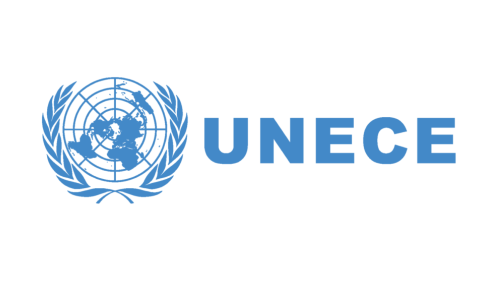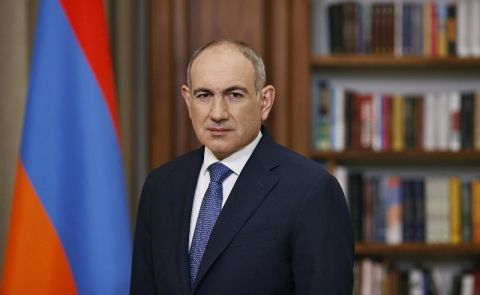
Armenia to Ratify International Criminal Court Treaty

During a cabinet meeting, the Armenian Government approved the draft laws “On Ratifying the Rome Statute of the International Criminal Court” and “On Adopting the Statement on Retroactively Recognizing the Jurisdiction of the International Criminal Court” in accordance with Article 12, Part 3 of the Statute. Thus, the Pashinyan government asked the Constitutional court to again look into the Rome Statute to determine its conformity with the constitution.
The International Criminal Court (ICC), based in the Hague, is the first permanent international tribunal tasked with prosecuting war crimes, crimes against humanity, genocide, and military aggression. Armenia was among 120 countries that signed its founding treaty, the Rome Statute, in 1998 but has not yet ratified it. In 2004, the Constitutional Court of Armenia recognized some of the obligations to be assumed by the Statute as contradicting the 1995 Constitution. The Constitutional Court ruled that the treaty runs counter to several provisions of the Armenian constitution which guarantee national sovereignty over judicial affairs.
Armenian Justice Minister Grigor Minasyan said that parliamentary ratification of the treaty would allow Yerevan to appeal to the ICC over Azerbaijan’s military attacks on Armenian territory launched in May 2021.
“The consequences of that aggression are still there because Azerbaijani troops remain deployed in various parts of Armenia’s sovereign territory,” Minasyan noted, adding that the Hague tribunal can take up the case even if Azerbaijan does not accept its jurisdiction.
The representative of Armenia on international legal affairs, Yeghishe Kirakosyan, referring to the adopted decision, said: "Now we accept this package in two modes, one for ratification, the other for judicial jurisdiction, for retroactive recognition based on Article 12, Part 3 of the court's Statute,” Kirakosyan said, adding that at the moment neighboring Georgia is the only state party to the charter in the Caucasus region.
According to the legal expert Ara Ghazaryan, the ICC does not work very effectively since there have only been three dozen completed cases, and it has a history of about 20 years, which is not that long. The proceedings last a very long time, about ten years.
See Also

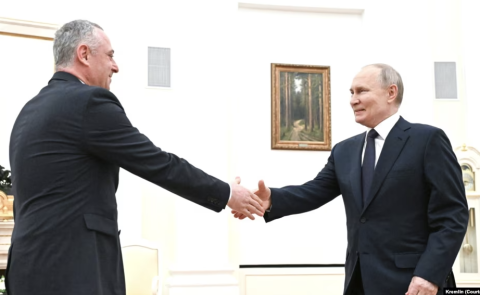
Abkhazia’s Separatist Leader Discusses Relations with Russia

CoE Commissioner Addresses the Georgian Government
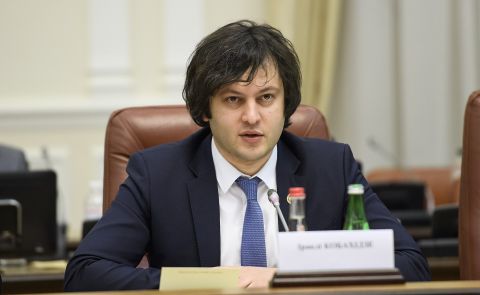
Kobakhidze Announces Plans to File Lawsuit to Ban the "Collective National Movement"
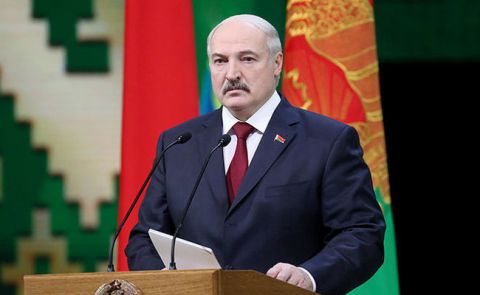
Belarus Affirms It Has Never Been an Adversary to Georgia
